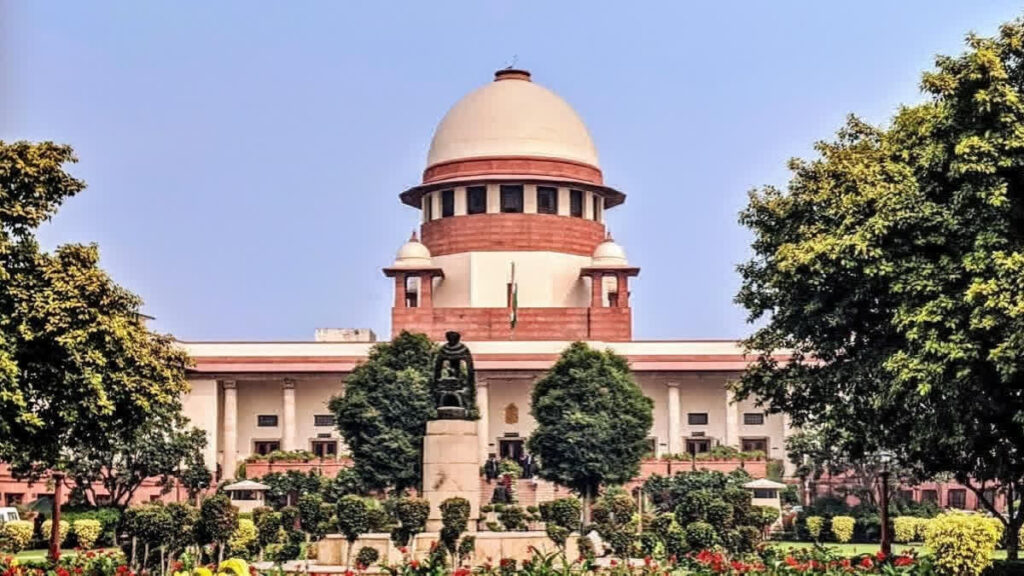Jahanvi Agarwal
In a recent landmark decision, the Supreme Court issued comprehensive guidelines for High Courts handling habeas corpus petitions and petitions for police protection. This ruling came on March 11, during a case where a woman, identifying as lesbian, challenged the Kerala High Court judgment that mandated counseling for her partner. Chief Justice of India (CJI) DY Chandrachud, along with Justices JB Pardiwala and Manoj Misra, emphasized the importance of respecting individual identity and sexual orientation.
The Supreme Court condemned the practice of using counseling to suppress an individual’s identity, stating, “The attempt to overcome the identity and sexual orientation of an individual by a process of purported counseling was completely inappropriate.” Additionally, the Court cautioned against judges substituting their subjective values for constitutional values, asserting, “Judges must eschew the tendency to substitute their own subjective values for the values which are protected by the Constitution.”
Recognizing the LGBTQIA+ community’s right to family, the Court stressed that family extends beyond biological ties to include chosen families. It rejected the notion of courts inadvertently becoming complicit in undermining these principles, especially in cases concerning habeas corpus petitions or petitions for protection.
The Supreme Court’s guidelines prioritize the swift handling of habeas corpus petitions and protection petitions, aiming to create an environment conducive for open dialogue with detained or missing persons. Emphasizing privacy and safety, the Court mandated in-camera proceedings and restricted the presence of alleged detainers during interactions with the detained persons.
The Court underscored the importance of compassionate treatment and emphasized the need to ensure that detained or missing persons face no obstacles in expressing their wishes. It prohibited any attempts to influence or change the detained person’s sexual orientation or gender identity.
Moreover, the Court directed immediate release if a detained person expresses unwillingness to return to the alleged detainer. It also granted ad-interim police protection to intimate partners facing social stigma, pending further assessment of the risk of violence or abuse.
The Supreme Court’s guidelines aim to uphold the fundamental freedoms of individuals, particularly those from marginalized communities, and ensure a fair and just legal process.
Case Name: Devu G Nair v. The State of Kerala & Ors
Diary Number: 1891/2023
Bench: Chief Justice of India (CJI) DY Chandrachud, along with Justices JB Pardiwala and Manoj Misra


